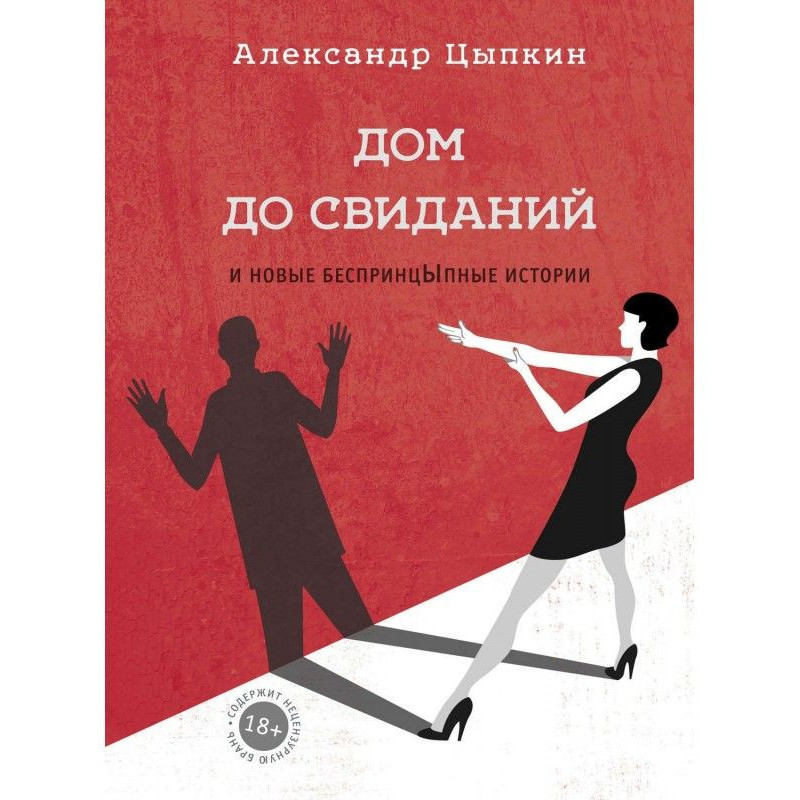Letters to Kevin
 Instant download
Instant download
after payment (24/7)
 Wide range of formats
Wide range of formats
(for all gadgets)
 Full book
Full book
(including for Apple and Android)
Rudy, a goodhearted fellow in New York, has been trying to phone Kevin Wafer, a kid he knows in Palo Alto, California. Only trouble is, one thing or another keeps getting in the way. For starters, Rudy doesn’t have a phone in his apartment, and he can’t manage to get a dial tone on his pillow or his alarm clock. When he tries to use a pay phone, the phone booth gets carried off by a crane, deposited in a warehouse, and left with Rudy trapped inside. What’s worse, the only repairman who shows up can’t help because he’s due to leave on his vacation and won’t be back for a month. Rudy tries to call for help, but all he can get on the line are other people locked inside other phone booths located other in warehouses all over the world. The only sensible thing for Rudy to do is to sit down with his trusty portable typewriter and write Kevin a letter, telling him what’s happened. Like Bob Dylan’s “115th Dream,” Letters to Kevin obeys a certain logic, but it’s a shifty, nighttime logic that’s full of surprises. Letters to Kevin is an absurdist, screwball farce, and certainly Stephen Dixon’s wildest and weirdest book ever. It’s also, sneakily, one of his most affecting.
Data sheet
- Name of the Author
- Стивен Диксон
- Language
- Ukrainian
- Release date
- 2016



























